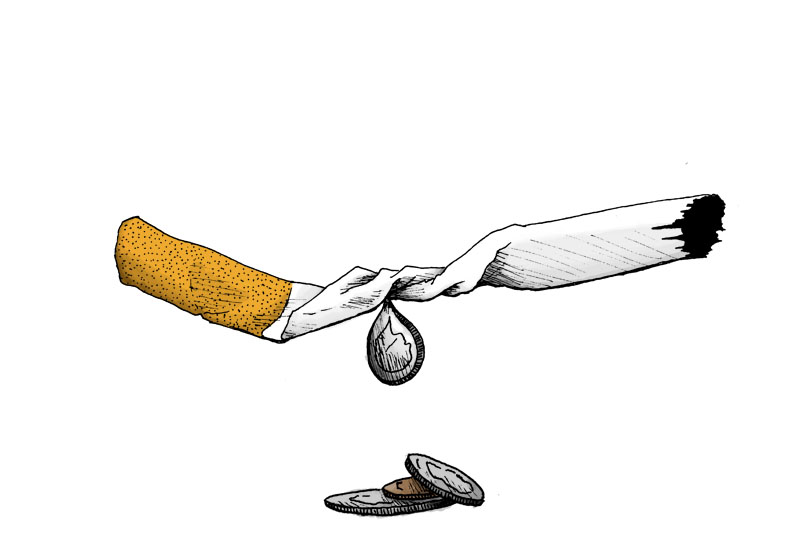Scorecard: Tobacco Taxed Ineffectively
- News This Week Taxation
- February 3, 2021
- 0
- 0
- 2 minutes read


Many countries are failing to effectively tax cigarettes, the most recent Tobacconomics Cigarette Tax Scorecard reveals.
According to Tobacconomics, raising taxes and prices is the most effective way to reduce the negative health and economic impact of tobacco use. The organization recommends a uniform specific excise tax that comprises at least 70 percent of the retail price and is automatically updated to stay ahead of inflation and income growth.
The Tobacconomics Cigarette Tax Scorecard evaluates cigarette tax policy performance in more than 170 countries on a five-point scale using data from the World Health Organization’s biennial Report on the Global Tobacco Epidemic.
The top-performing countries in this assessment are Australia and New Zealand, scoring the highest at 4.63, which reflects their high, uniform specific cigarette excise taxes with regular increases that have significantly reduced the affordability of cigarettes. The highest-performing region is Europe, with an average score of 2.79. According to Tobacconomics, higher-income countries generally have higher taxes and prices and more effective tax structures than lower-income countries.
The countries with the greatest improvement in cigarette tax policy are Bahrain (an overall three-point improvement), Saudi Arabia (+2.75), the United Arab Emirates (+2.75), Kyrgyzstan (+2.50), and the Philippines (+2.50). The improvements in Bahrain, Saudi Arabia, and the United Arab Emirates reflect the introduction of significant cigarette excise taxes, while those in Kyrgyzstan and the Philippines result from the simplification of previously complicated tiered cigarette excise tax structures accompanied by large tax increases.
Nearly half of countries surveyed scored less than two out of the maximum five points, and there has been little improvement over the past six years. The global average score rose only slightly, from 1.85 in 2014 to 2.07 in 2018. Although overall scores improved in 89 countries, they, became worse in 43 countries.
